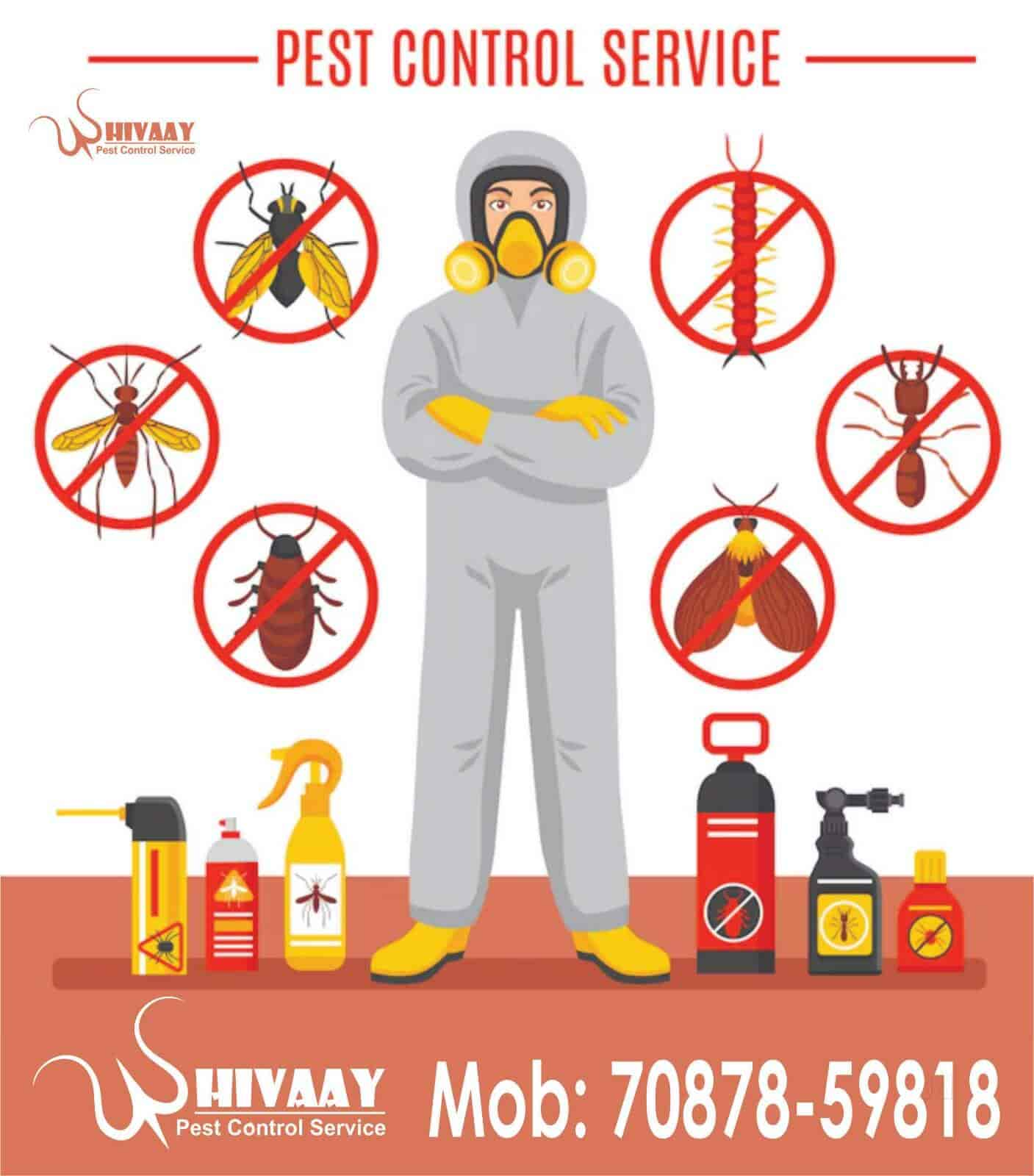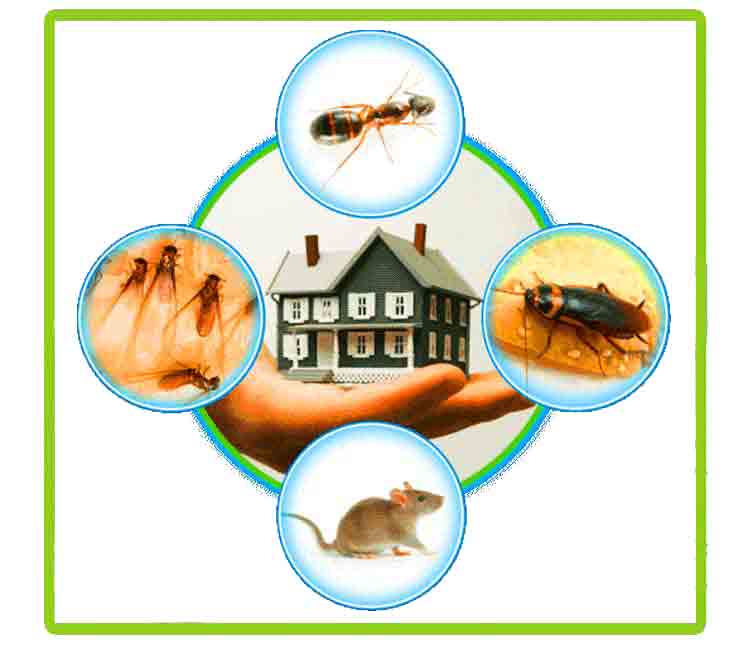Reliable Pest Control Coquitlam BC: Your Local Experts in Pest Management
Reliable Pest Control Coquitlam BC: Your Local Experts in Pest Management
Blog Article
Safe and Reliable Bug Control for Lasting Protection
Effective insect administration requires a multifaceted method that balances ecological stability with the demand for reliable bug suppression. The subtleties of these approaches may not be right away clear, motivating a better exam of the practices that can lead to lasting parasite control end results.
Comprehending Bug Control Techniques
Insect control encompasses a variety of approaches focused on managing and eradicating undesirable pests and rodents that can endanger both health and wellness and residential property. Understanding these approaches is crucial for reliable parasite monitoring.
The main classifications of parasite control techniques consist of mechanical, organic, and chemical approaches. Mechanical approaches include physical obstacles and catches to avoid insect access and capture unwanted species. For example, utilizing displays on home windows or using sticky traps can substantially minimize pest populaces without presenting harmful materials.

Chemical bug control is often the most recognized method, using pesticides to get rid of pests. These chemicals can be reliable but need to be utilized with caution to prevent damaging results on non-target varieties and the atmosphere.
Benefits of Eco-Friendly Solutions
Just how can environmentally friendly services transform bug control techniques? The adoption of green parasite control approaches offers countless advantages, substantially boosting the efficiency and safety and security of parasite monitoring.

An additional advantage is the positive influence on regional biodiversity. Environmentally friendly services are made to target details parasites while protecting valuable pests and wildlife, advertising a balanced environment. This technique aligns with the expanding customer need for sustainable methods, enhancing the track record of insect control suppliers.
Integrated Bug Monitoring Approaches
The application of eco-friendly services naturally results in the adoption of Integrated Insect Management (IPM) techniques, which better boost bug control efficacy. IPM is an all natural method that combines multiple methods to handle parasite populations while reducing environmental influence. This strategy stresses making use of biological, social, mechanical, and chemical controls, ensuring a sustainable and well balanced method of parasite administration.
One essential aspect of IPM is the comprehensive evaluation of pest activity and ecological problems. By keeping an eye on insect populaces and recognizing their life process, specialists can apply targeted interventions that interrupt the parasite's habitat or lifecycle, minimizing dependence on chemical pesticides. Additionally, cultural techniques such as crop turning and habitat adjustment can considerably diminish pest facility and recreation.
One more crucial element is using biological control agents, such as valuable insects or bacteria, which can normally suppress insect populaces. When chemical applications are needed, IPM prioritizes the usage of low-risk chemicals and applies them precisely, minimizing exposure to non-target organisms and people.
Incorporating IPM methods not only boosts pest control effectiveness yet likewise promotes a much safer ecological community, find out this here straightening with the growing demand for lasting practices in bug management.
Safe Practices for Property Owners
Understanding the value of secure methods in insect control can equip home owners to properly handle insect problems while guarding their health and the setting. Executing safe methods and preventative actions is crucial in lessening exposure to damaging chemicals.
Homeowners ought to first assess their setting for conditions that draw in insects, such as standing food, mess, and water waste. On a regular basis cleaning and sealing access factors can deter bugs from getting into the home. Utilizing all-natural deterrents, such as vital oils or diatomaceous planet, can supply effective options to chemical pesticides.
When chemical therapies are necessary, house owners need to go with items that are especially classified as risk-free for household usage. It is vital to adhere to application standards diligently to prevent too much exposure. Using targeted treatments in areas where insects are identified, instead than blanket spraying, can significantly minimize chemical use.
Lastly, preserving open communication with insect control experts is crucial. Homeowners ought to ask about the security of items made use of and request eco-friendly options whenever feasible. By embracing these risk-free practices, home owners can develop a healthier living setting while properly handling pest concerns.

Tips for Long-Term Defense
Developing a parasite monitoring technique that highlights long-term defense can greatly enhance the efficiency of the risk-free techniques formerly reviewed. To accomplish this, homeowners ought to execute regular examinations of their residential or best site commercial property, concentrating on concealed locations such as attics, basements, and crawl rooms. Early detection of insect task is essential in preventing infestations from taking hold.
These practices decrease attractants that draw insects into the home. Securing access points, such as splits around doors and windows, can efficiently block possible bug access.
Landscape design must additionally be thought about; keeping plants cut and maintaining a distance in between greenery and the home lessens concealing spots for bugs. Utilizing all-natural deterrents, such as essential like it oils or diatomaceous earth, can better inhibit problems without resorting to harsh chemicals.
Lastly, collaborating with a professional pest control solution for regular examinations can provide an added layer of protection. These professionals can provide tailored referrals and advanced therapies, guaranteeing that your home remains secured against pests in the long term.
Verdict
To conclude, secure and trusted bug control needs a diverse method that stresses environmentally friendly methods and incorporated bug administration. By implementing natural deterrents, carrying out regular assessments, and maintaining appropriate sanitation, building owners can substantially reduce bug populaces while securing valuable bugs and the atmosphere. Collaboration with professional bug control services improves the efficiency of these approaches, making certain tailored options that provide lasting defense and assurance against future problems.
Reliable bug monitoring needs a multifaceted approach that stabilizes eco-friendly integrity with the need for effective insect suppression. The fostering of eco-friendly pest control methods offers countless benefits, considerably enhancing the efficiency and safety of bug administration.The application of environment-friendly options normally leads to the adoption of Integrated Insect Management (IPM) techniques, which further enhance insect control efficacy. exterminator coquitlam. By keeping track of insect populaces and determining their life cycles, experts can apply targeted interventions that interrupt the bug's environment or lifecycle, reducing dependence on chemical pesticides.In final thought, reliable and secure bug control calls for a multifaceted approach that stresses environmentally friendly techniques and integrated parasite administration
Report this page